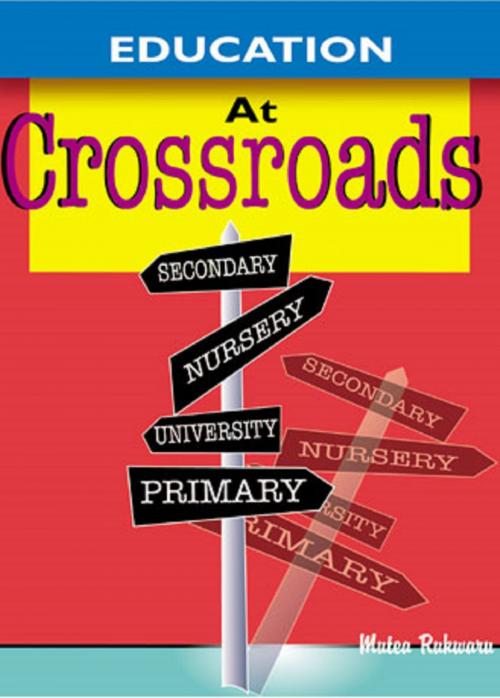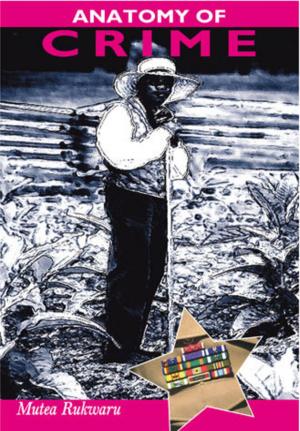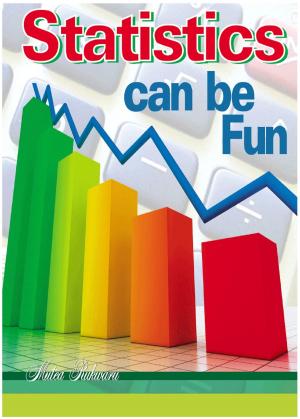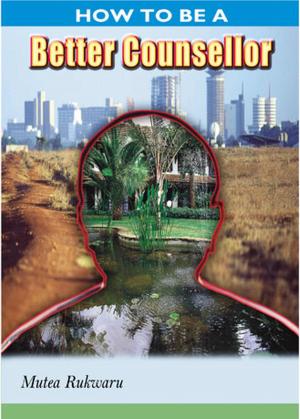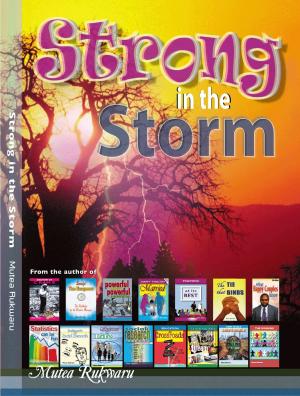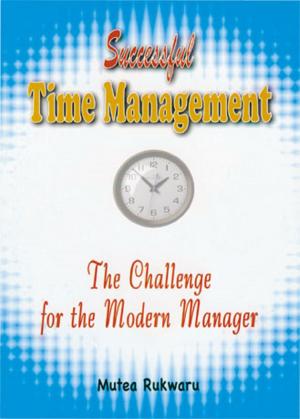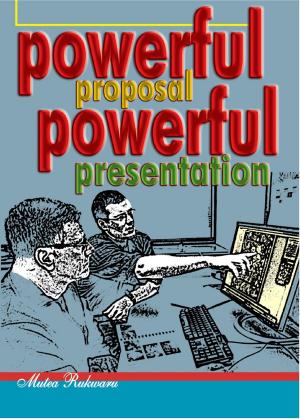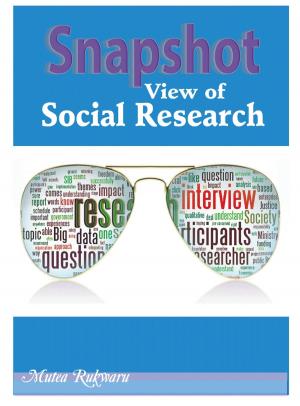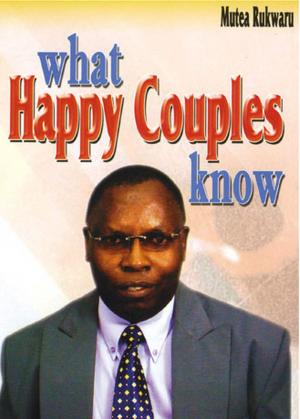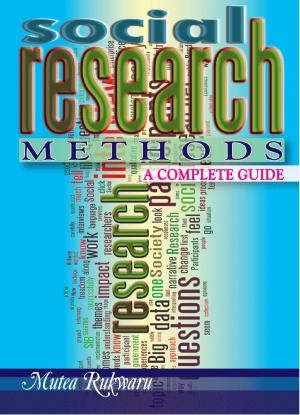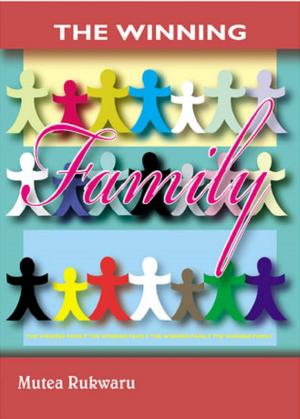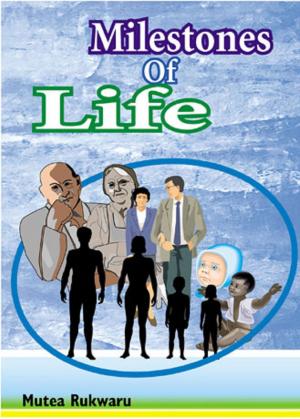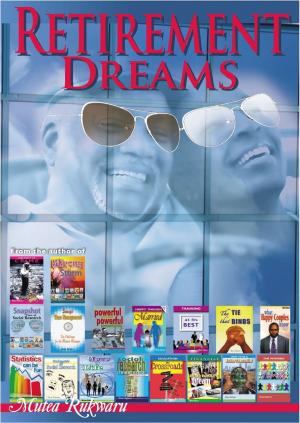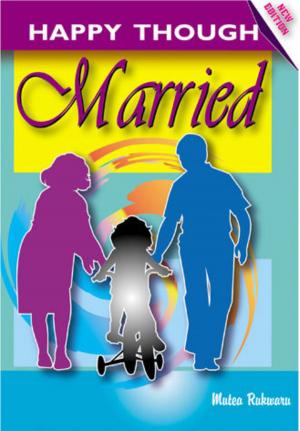Education at Crossroads
Nonfiction, Reference & Language, Education & Teaching, Study Skills, Educational Theory, Educational Reform| Author: | Mutea Rukwaru | ISBN: | 9781370751471 |
| Publisher: | Mutea Rukwaru | Publication: | June 25, 2017 |
| Imprint: | Smashwords Edition | Language: | English |
| Author: | Mutea Rukwaru |
| ISBN: | 9781370751471 |
| Publisher: | Mutea Rukwaru |
| Publication: | June 25, 2017 |
| Imprint: | Smashwords Edition |
| Language: | English |
The book Education at Crossroads is a broader and an updated version of the author’s dissertation entitled Relative Distribution of Socio-Economic Resources and the Performance of Certificate of Primary Education (C.P.E.), A Case Study of Gaitu sub-location in Meru District, submitted to the University of Nairobi as a partial fulfillment of his B. A. (Sociology) Degree.
Education at Crossroads traces the educational challenges facing Kenya from colonial to post colonial times by taking the reader through an exciting "educational walk" by looking at the following: Phelps Stokes Commission of 1924, Advisory Committee for Education in tropical Africa by the British colonies office of 1925, Beecher Committee of 1949, Binns Commission of 1964, Gachathia's Report of 1976, Mackay's Report of 1981, Kiano's Report of 1984, Koech Commission of 1999, Education For All, Jomtien (Thailand) of 1990, UNESCO World Conference on Adult Education in Hamburg of 1997 and World Education Forum in Dakar (Senegal) of 2000
Education at Crossroads examines the challenges affecting performance in C.P.E. examination including the challenges facing the household in its endeavour to access this scarce resource. The book also discusses the role of material conditions of both the school and the household, income, "social class", education of parents, the role of headmasters and trained teachers, family size and the role of religion in C.P.E. performance.
Education at Crossroads has also come up with the theoretical explanations as to why some education players and stakeholders in education sector involve themselves with malpractices in regard to examinations. The author finally looks at the importance of holistic approach to issues, then policy implication and then gives recommendations based on the research findings. The book can predict with some accuracy how the education scenario will be beyond the 21st Century.
The book Education at Crossroads is a broader and an updated version of the author’s dissertation entitled Relative Distribution of Socio-Economic Resources and the Performance of Certificate of Primary Education (C.P.E.), A Case Study of Gaitu sub-location in Meru District, submitted to the University of Nairobi as a partial fulfillment of his B. A. (Sociology) Degree.
Education at Crossroads traces the educational challenges facing Kenya from colonial to post colonial times by taking the reader through an exciting "educational walk" by looking at the following: Phelps Stokes Commission of 1924, Advisory Committee for Education in tropical Africa by the British colonies office of 1925, Beecher Committee of 1949, Binns Commission of 1964, Gachathia's Report of 1976, Mackay's Report of 1981, Kiano's Report of 1984, Koech Commission of 1999, Education For All, Jomtien (Thailand) of 1990, UNESCO World Conference on Adult Education in Hamburg of 1997 and World Education Forum in Dakar (Senegal) of 2000
Education at Crossroads examines the challenges affecting performance in C.P.E. examination including the challenges facing the household in its endeavour to access this scarce resource. The book also discusses the role of material conditions of both the school and the household, income, "social class", education of parents, the role of headmasters and trained teachers, family size and the role of religion in C.P.E. performance.
Education at Crossroads has also come up with the theoretical explanations as to why some education players and stakeholders in education sector involve themselves with malpractices in regard to examinations. The author finally looks at the importance of holistic approach to issues, then policy implication and then gives recommendations based on the research findings. The book can predict with some accuracy how the education scenario will be beyond the 21st Century.
